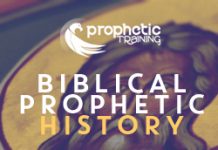Schools of Prophets
Since the days of Samuel we hear of schools of prophets, or “sons of prophets.” These associations probably originated in this way, that an experienced prophet attracted to himself bands of youths, who sought to receive a measure of his spirit.
These disciples of the prophets, together with their families, lived in colonies around the master. Possibly Samuel was the first who founded such a school of prophets. For in or near the city of Ramah we first find nāyōth, or colonies of such disciples (1Sa 19:18 f; 1Sa 20:1).
Among these pupils is found to a much greater extent than among the teachers a certain ecstatic feature. They arouse their feelings through music and induce a frantic condition which also affects others in the same way, in which state they “prophesy” and, throwing off their garments, fall to the ground. In later times too we find traces of such ecstatic phenomena. Thus e.g. in Zec 13:6; 1Ki 20:37, 1Ki 20:38, the “wounds” on the breast or on the forehead recall the self-mutilation of the priests of Baal (1Ki 18:28).
The deeds, suggestive of what the dervishes of our own day do, probably were phenomena quite similar to the action of the prophets of the surrounding tribes. But that prophecy in Israel was not, as is now not infrequently claimed, merely a less crude form of the heathen prophetic institution, is proved by such men as Moses and Samuel, who even in their times represent something much higher. Also in the colonies of prophets there was assuredly not to be found merely an enthusiasm without the Spirit of God. Proof for this is Samuel, the spiritual father of this colony, as Elijah was for the later colonies of this kind.
These places were rather the centers of a religious life, where communion with God was sought by prayer and meditation, and where the recollection of the great deeds of God in the past seemed to prepare for the reception of new revelations. From such centers of theocratic ideas and ideals without a doubt there came forth also corresponding influences that affected the people. Perhaps not only was sacred music cultivated at these places but also sacred traditions, which were handed down orally and in writing. Certain it is that at these colonies the religion of Yahweh prevailed.

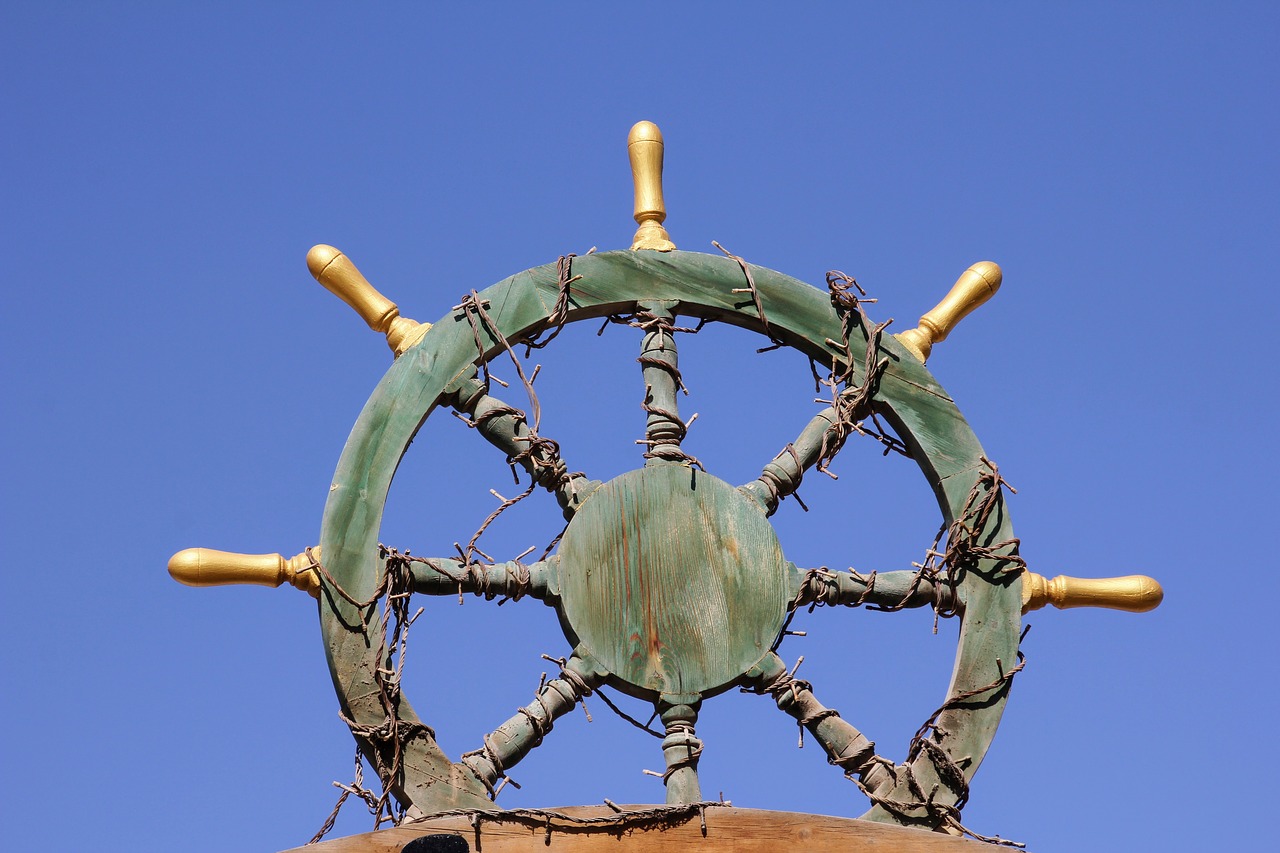
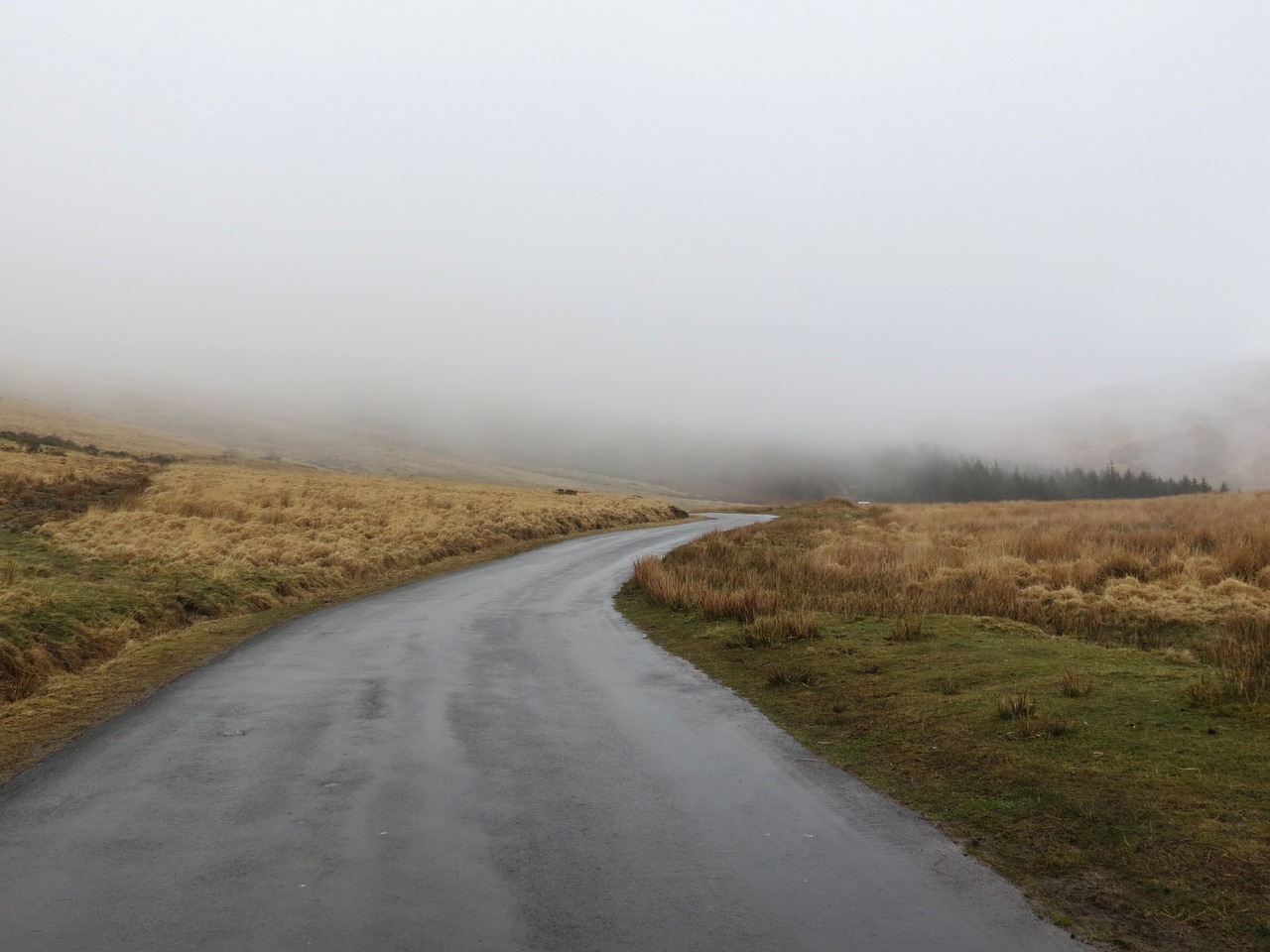



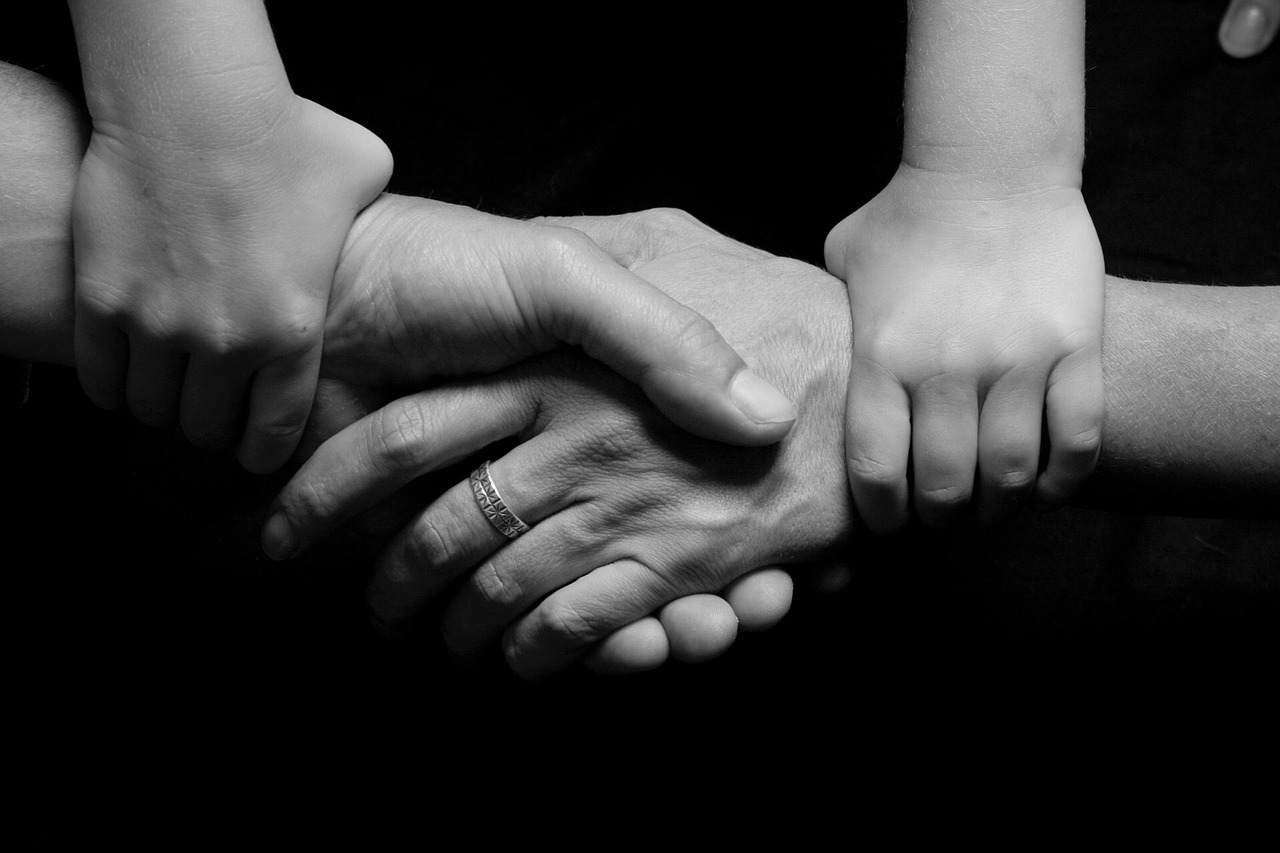


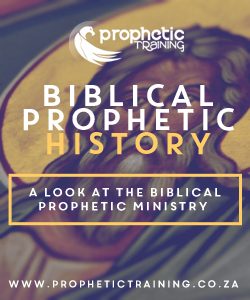
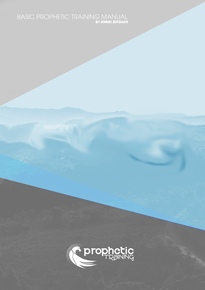 Get the Basic Prophetic Training Manual.
Get the Basic Prophetic Training Manual.